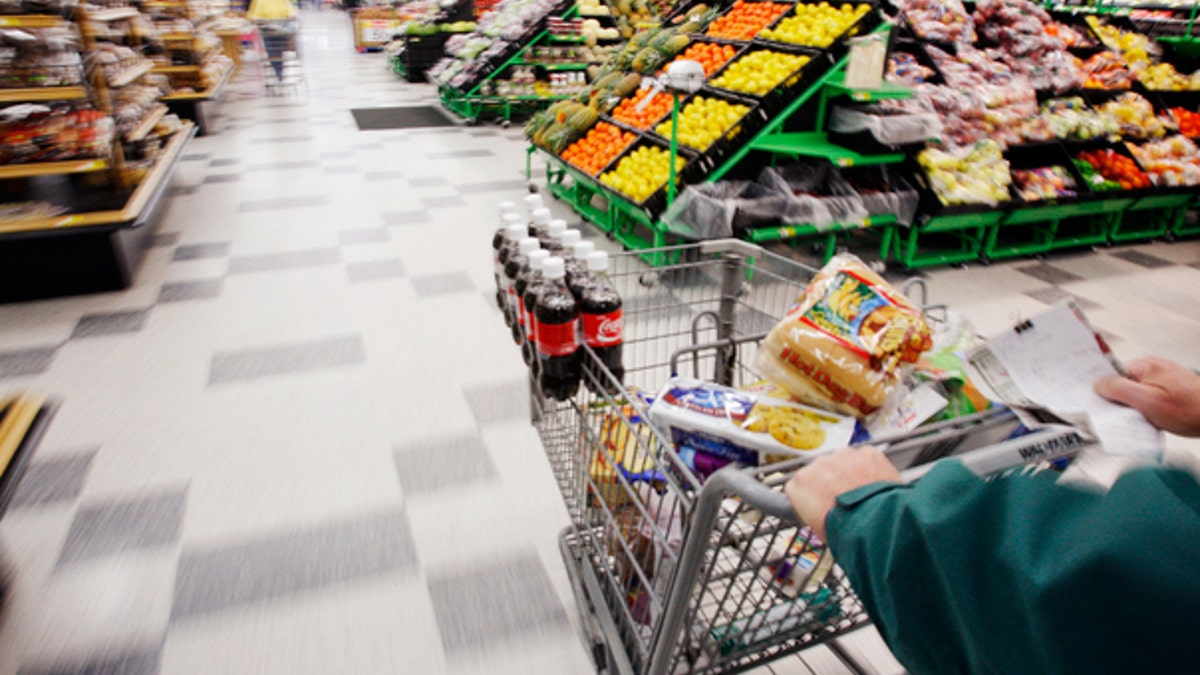
If most foods created by the food industry are unhealthy, why not place a stiff tax on all of them and use the revenue to subsidize healthier food?
This bold proposal, from Boston-area researchers, appears as commentary in the current issue of the Journal of the American Medical Association (JAMA).
The researchers from Tufts University, Harvard University and Boston Children's Hospital wrote that their plan would surely meet strong opposition from both the food and restaurant industries but that it could help people make meaningful dietary changes and substantially reduce health care costs.
At issue is the higher cost of healthy food, such as fresh fruits and vegetables and lean meats and fish, which cost on average about $1.50 more per person per day compared to unhealthy fare, the researchers said. [12 Tips for Eating Healthy on a Budget]
The researchers propose a 10 to 30 percent tax on foods from chain restaurants and on all packaged foods essentially, all foods except products directly from a farm.
"With a modest 10 to 30 percent tax on most packaged foods, healthy foods such as fruits, nuts and vegetables could be subsidized to cost pennies to consumers," said Dr. Dariush Mozaffarian, lead author on the JAMA commentary and dean of the Friedman School of Nutrition Science and Policy at Tufts University. "This would dramatically reshape the food supply, help to reduce nutritional and health disparities amongst the poor and other disadvantaged Americans, and potentially save billions of dollars a year in health care costs for diet-related diseases."
The researchers noted that the economic burden of cardiovascular disease and diabetes, predominantly caused by a poor diet, is approaching $700 billion annually in the United States alone.
But their plan would perhaps hurt the poor, said Michael Tanner, a senior fellow at the Cato Institute, a libertarian think tank based in Washington, D.C.
"I suspect this [tax plan] would be terribly regressive," Tanner said. "We know these healthier foods aren't necessarily available in low-income neighborhoods; we know they take more time and effort to prepare."
A better, simpler solution, Tanner said, would be to stop subsidizing unhealthy foods. He cited the U.S. government's subsidizing of sugar and corn, which makes unhealthy foods cheaper to produce.
"Maybe instead of trying to tax Oscar Mayer salami and giv[ing] that money to the farmers market, we should just keep government out of the whole thing," Tanner said.
Tanner added that there's a prevailing, paternalistic tone to food-tax solutions, with academics telling the populous what to eat.
"I believe in health; I believe in exercise; I believe in eating right," Tanner said, adding that he ran a half-marathon last weekend. "But these are things I choose to do. And if I want to go out and have a Ding Dong this afternoon, no one should try to stop me."
The Boston-based researchers said they hope that the flat tax could evolve into a sliding scale that's dependent on nutritional quality, which would prompt restaurants and food manufacturers to produce increasingly healthier products.
As for helping the poor, "In principle, our proposal can be tuned as needed to make sure that low-income individuals are net beneficiaries in the short run for example, by raising food-stamp benefits out of processed goods' tax revenues," said co-author Kenneth Rogoff, a professor of economics at Harvard University.
The researchers said that other food-tax proposals have targeted one or a few food products, such as a soda-pop tax. But these proposals do not address fundamentally unhealthful eating patterns across a range of food categories.
"Prevailing prices do not reflect the true societal costs of foods," the researchers wrote.
Wanjek is the author of "Food at Work" and "Bad Medicine." His column, Bad Medicine, appears regularly on Live Science.
Copyright 2014 LiveScience, a TechMediaNetwork company. All rights reserved. This material may not be published, broadcast, rewritten or redistributed.
